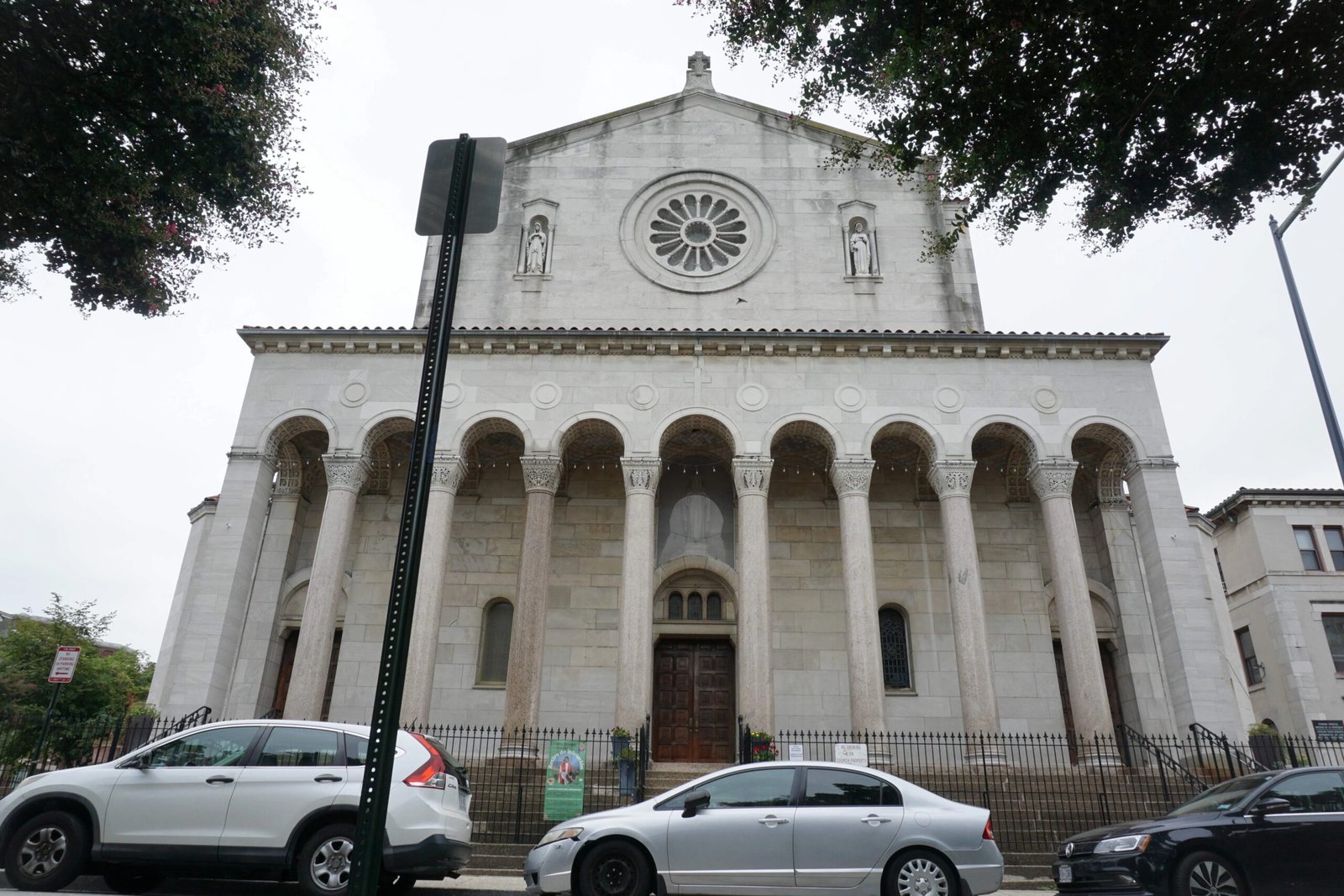Jessica Roth:
So even the two justices who would have affirmed the finding of liability based on the record here thought that the penalty imposed by the trial court was excessive and that in fact it violated the U.S. and New York State Constitution’s protections against excessive fines.
They said that it was just vastly disproportionate to any harm caused by the defendants. So although they would affirm the finding of liability, that there was a pattern of fraud, they thought that the remedy for that in terms of the amount of the penalty or disgorgement of profits, that that — or ill-gotten gains, as articulated by the trial court, that that was just vastly excessive, so much so that it was unconstitutional.
But notably the justices who were prepared to affirm the finding of liability said that the other remedies imposed by the trial court that were injunctive in nature, barring the defendants from holding corporate offices, from making applications to borrow funds, for example, and also imposing a monitor, an independent monitor on the businesses, that those could be affirmed.
So the financial penalties, the disgorgement, they thought was excessive, but the other injunctive relief, they said was actually appropriately tailored to address the findings of misconduct and to curb potential wrongdoing in the future.




